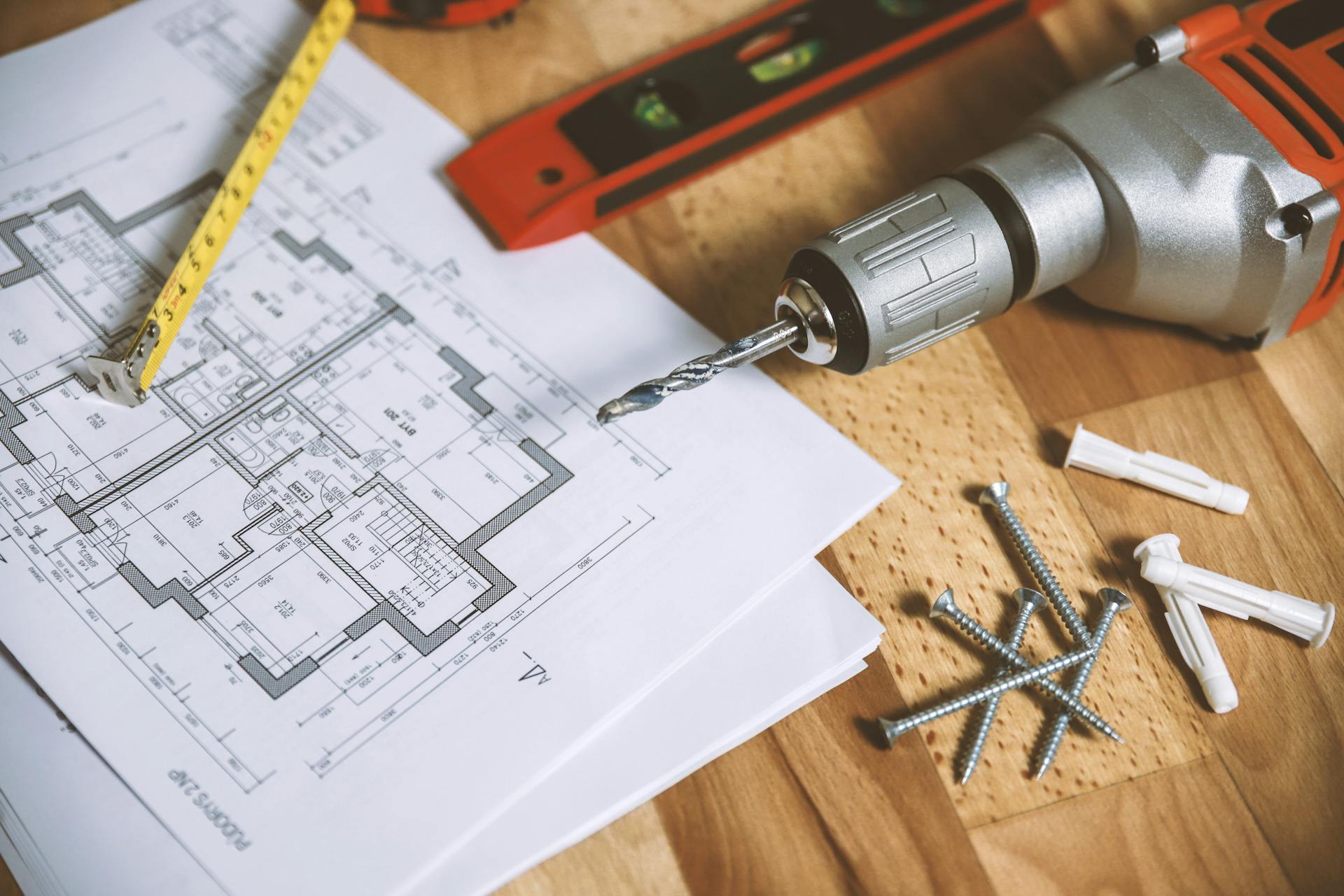
In the construction world, the backbone of any project is the hard work of contractors and laborers. Unfortunately, property owners fail to uphold their end of the bargain, leaving contractors unpaid for their valuable contributions. But fear not, as there’s a legal avenue to ensure that your efforts don’t go unrewarded: The mechanic’s lien!
What is a Mechanic’s Lien?
A mechanic’s lien (also known as a construction lien or supplier’s lien) is a powerful legal remedy available to contractors and suppliers who haven’t received payment for their work or materials on a construction project.
With this mechanic’s lien, you can hold the property you worked on as collateral until you receive payment. It essentially places a cloud on the property’s title, making it difficult for the owner to sell or refinance until the debt is settled.
The Process of Filing a Mechanic’s Lien
Filing a mechanic’s lien isn’t a straightforward task; it involves a specific process that varies depending on the state you’re in. The process typically includes the following steps:
- Preliminary Notice: In some states, contractors are required to send a preliminary notice to the property owner, general contractor, and other relevant parties. This notice informs them that you are providing labor or materials for the project and serves as a formal notification of your involvement.
- Timely Filing: Once your work is complete and payment is not forthcoming, you’ll need to file the mechanic’s lien within a specified time frame after the completion of your work or the delivery of materials. Missing this deadline could invalidate your claim.
- File a Claim of Lien: This step involves submitting the necessary documents to the appropriate county office or court, outlining the details of the work you’ve done, the amount owed, and other relevant information.
- Serve Notice: In some cases, you might need to serve a copy of the filed lien on the property owner and other interested parties. This serves as a formal notification of your claim.
- Enforce the Lien: If the property owner still doesn’t pay after receiving the lien, you might have to take legal action to enforce the lien. This could involve going to court and obtaining a judgment that allows the property to be sold to satisfy the debt.
Limitations of Mechanic’s Liens
It’s important to note that mechanic’s liens have their limitations. They’re typically only available to licensed contractors, which ensures a level of professionalism and accountability. Also, the process and timeline can be complex and vary from state to state. Therefore, it’s crucial to understand the regulations and requirements in your jurisdiction or seek legal advice to ensure you’re following the correct steps.
A mechanic’s lien can be a lifeline for contractors who find themselves in situations where they aren’t paid for their hard work. It’s a mechanism that ensures your efforts are valued and compensated appropriately. By having the right to hold the property until payment is received, contractors are given the power to safeguard their interests in the construction process.
If you’re a contractor looking to take advantage of mechanic’s liens protection and ensure your professional legitimacy, obtaining a contractor license is the first step. We offer comprehensive services to help you secure your contractor license in Maryland, Washington DC, Virginia, Delaware, and Pennsylvania. Don’t let unpaid work hold you back – take charge of your career and financial security.
We can assist you in obtaining your contractor license by calling (240) 231-0313. Our experienced team is here to guide you through the licensing process, answer your questions, and empower you to excel in the construction industry.
Remember, a mechanic’s lien is a vital tool that empowers contractors and suppliers to seek fair compensation for their work. By following the proper steps and understanding the limitations, contractors can protect their interests and ensure that their efforts don’t go unpaid. And if you’re ready to make your mark in the construction industry, don’t hesitate to obtain your Contractor License today.










